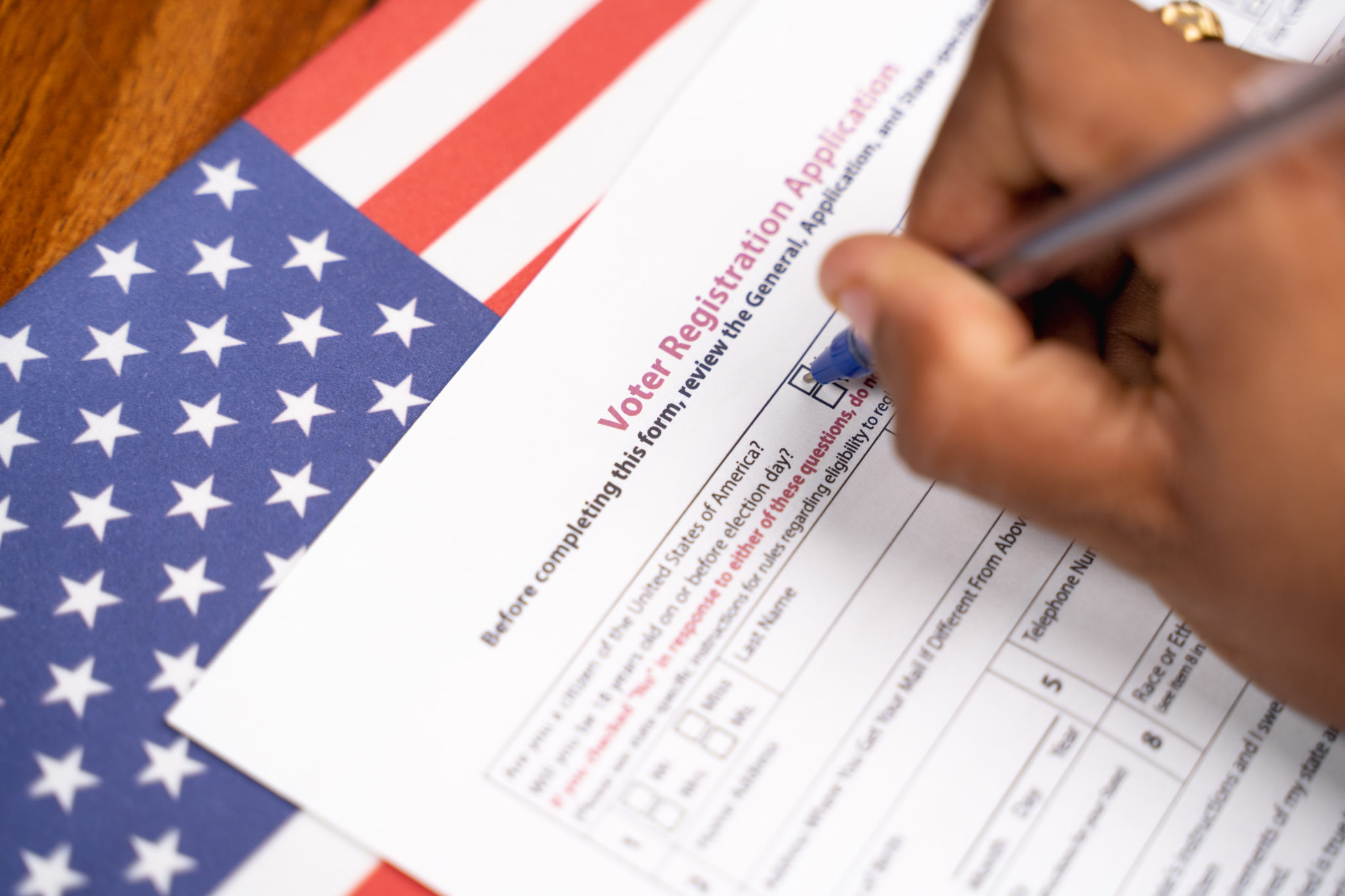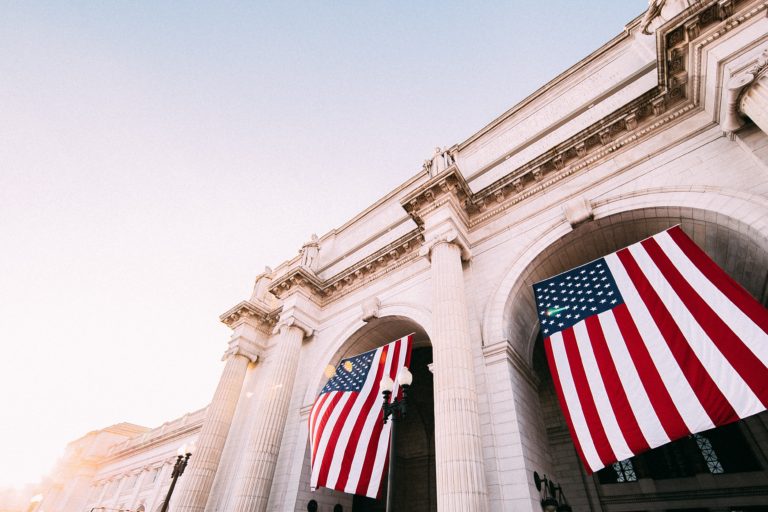Contests for one-on-one sit downs with presidential candidates have long been a fundraising tactic…
What Is Moving a Historic Number of Women To Register To Vote This Fall?

After the Supreme Court’s June 24 decision on Dobbs v Jackson, which overturned legal abortion access, a precedent established by Roe v. Wade in 1973, many political analysts and strategists wondered what the impact would be on the electorate, particularly women. And we now have some preliminary answers.
In August, Kansas had an abortion amendment on the ballot that was defeated by a 2-1 margin. In a state that has been counted in the Republican column for the Presidential election and been known to vote for Republicans more often than not in recent years (despite its Democratic women Governor, Laura Kelly), this stunned the political world. And initial read out indicates that women voters were a big reason why. Tom Bonier, CEO of Target Smart, an organization that tracks and analyzes voter data, noted that women accounted for 56% of ballots cast. The gender gap in this primary was 12% and the largest on record for Kansas elections. Even more interesting, 51% of Republicans cast ballots in the August primary. This indicates that even if every Democrat and Independent voted the pro-choice position, at least 20% of Republicans also voted pro-choice. And, given the gender gap, specifically a lot of Republican women voted the pro-choice measure.
Traditionally the Republican Party has publicly aligned their platform with an anti- abortion position. And the Democratic Party has been publicly aligned in their platform in support of abortion access. But there are still Republican voters, particularly women, who consider themselves in favor of keeping some legal access to abortion. According to Pew Research earlier this summer, closer to 4 in 10 Republicans believe abortion should be legal in all cases.
There was also a surge in women registering to vote in Kansas post the June 24 Supreme Court decision, ahead of the primary and ballot measure vote in August. About 69% of those who registered to vote in Kansas after June 24 were women. And the surge in women’s voter registration is not just in Kansas but in many states with high-stakes elections this fall, particularly for US Senate seats in Pennsylvania, Ohio, Wisconsin, Michigan, but also in places that that trend more Republican like Kansas, Idaho, or even Louisiana. The newly registered women voters are trending younger as well.
What else could be motivating women voters across the political spectrum this fall? Well, research conducted shows that likely women voters (women who are already active voters) have concerns over lack of affordable healthcare, paid family leave, sick leave, and support for general caregiving for children under 18. As a matter of fact, 82% of all polled women, including 73% of Republican women, agree that we need to expand Medicaid, Medicare, and the Affordable Care Act. And almost 80% of women indicated that the pandemic has made them more supportive of paid sick leave and paid family or maternity leave. Candidates who have answer for these concerns, would do well to take note.
Between new women voters and already engaged likely women voters, this election will no doubt be historic in women’s political engagement.






